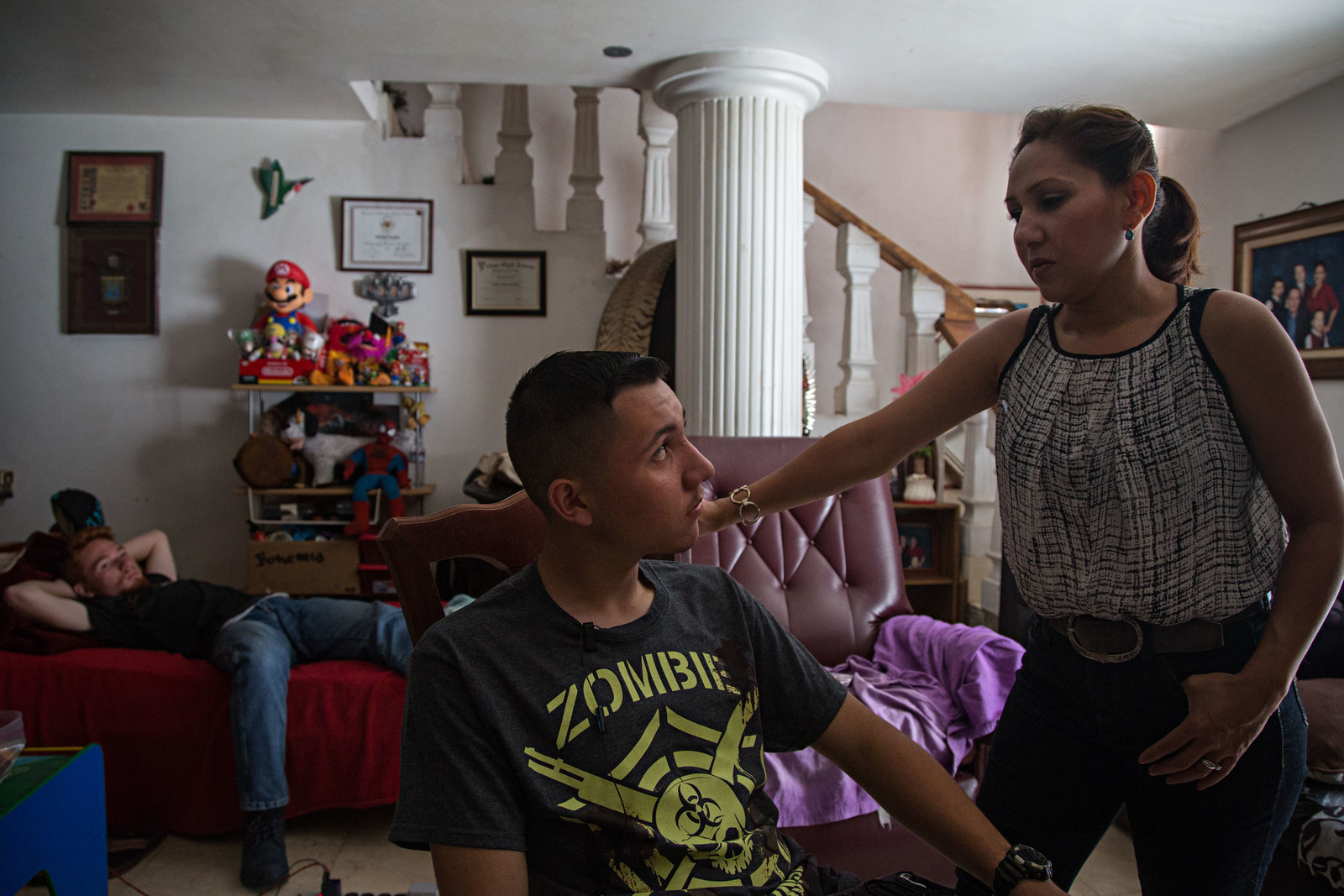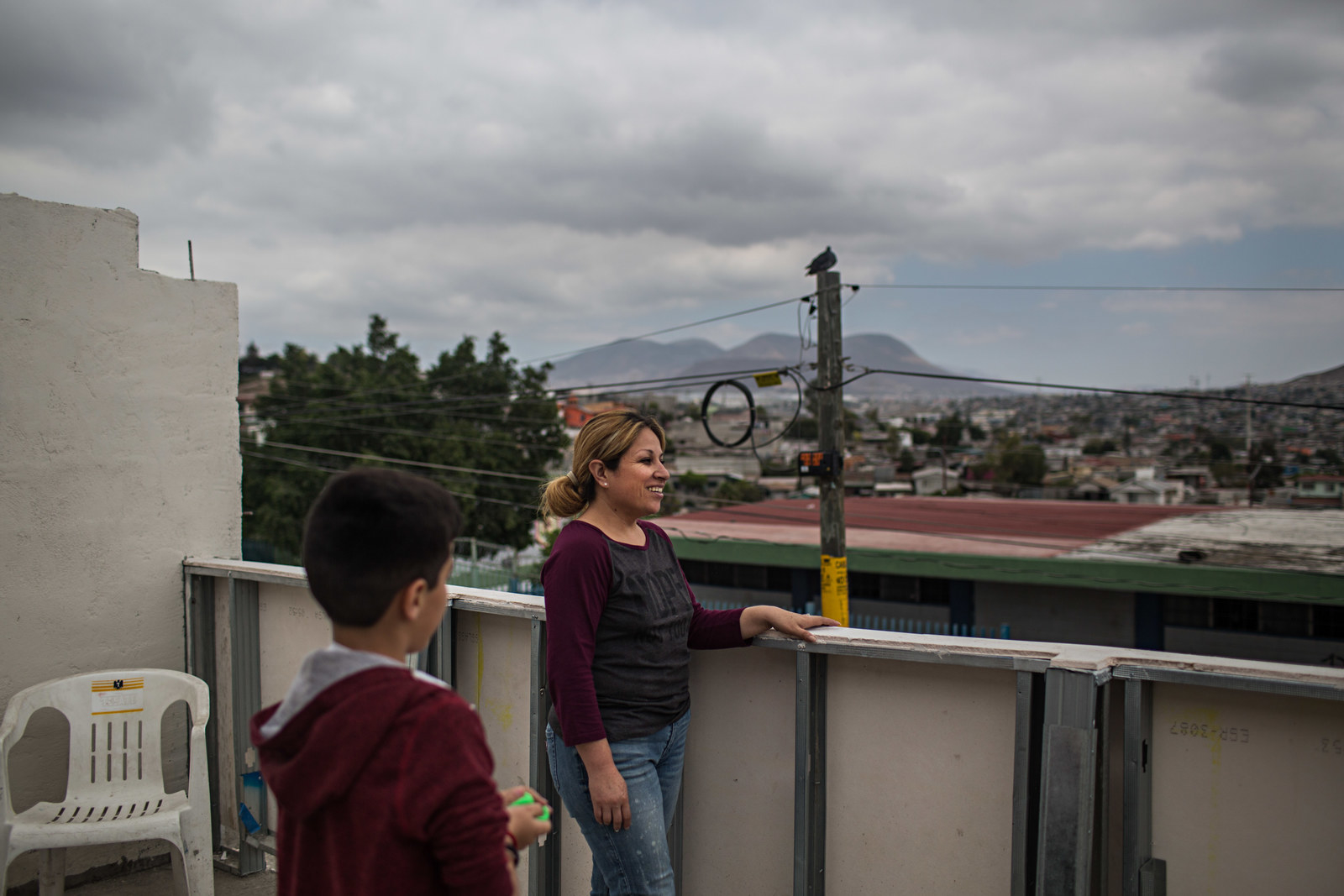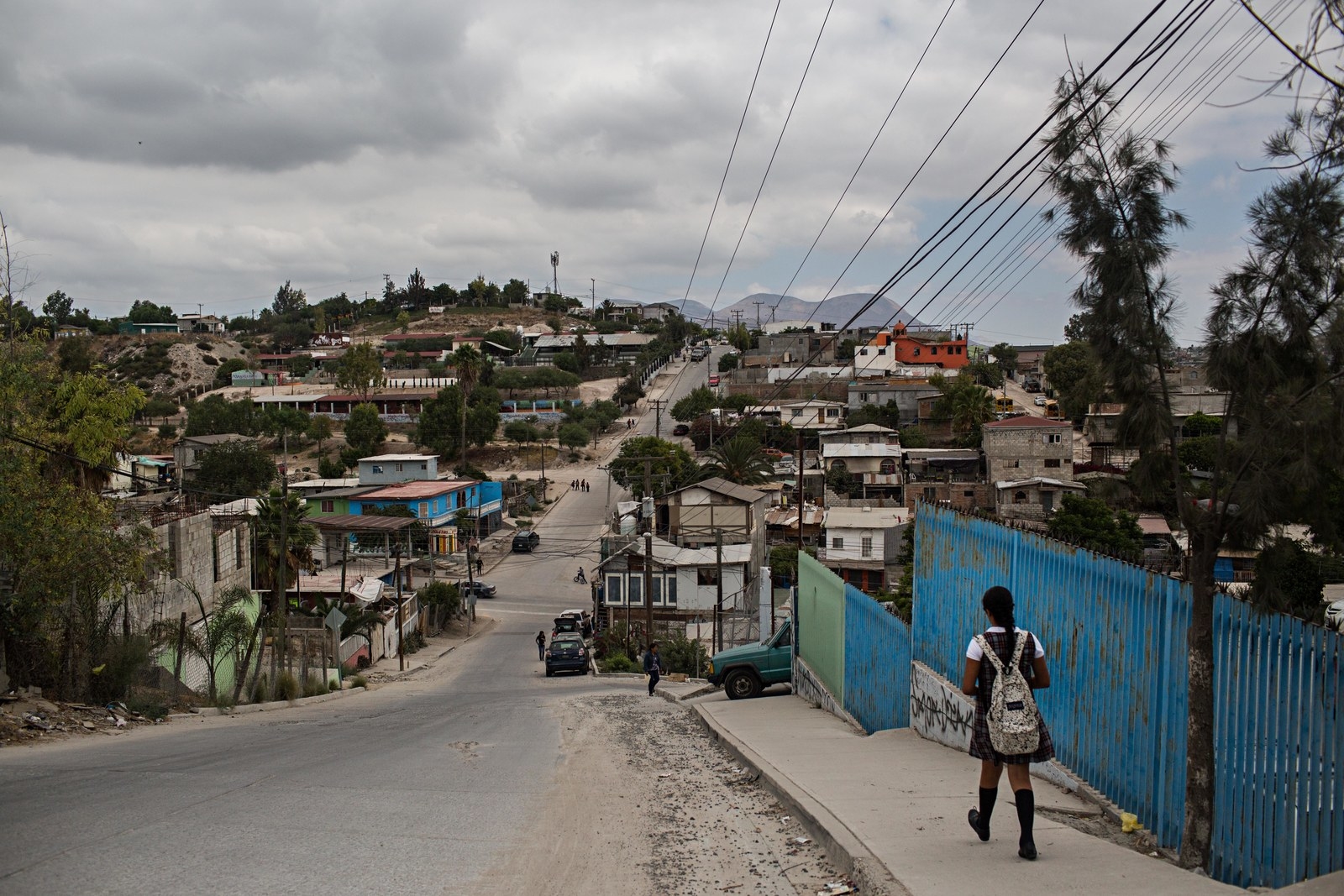Photojournalist Lauren DeCicca spoke with five mothers about the difficulties of living on the Mexico–US border after being deported, so close but so far from their children. They all rely on technology to keep in touch with their children and spoke of the pain of missing key moments in their children's lives.

Yolanda Varona, who lives in Tijuana, Mexico, says smartphones have dramatically increased her ability to keep in touch with her children and make it easier to share photos and video chat so "I'm right there with them."
Below are a drawing and a letter by her daughter Annelle, who lives in San Diego, that say "#1 Mom" and "I Heart You." Varona was able to collect keepsakes from her time in the US after her son gained his US residency and was able to make trips between San Diego and Tijuana.
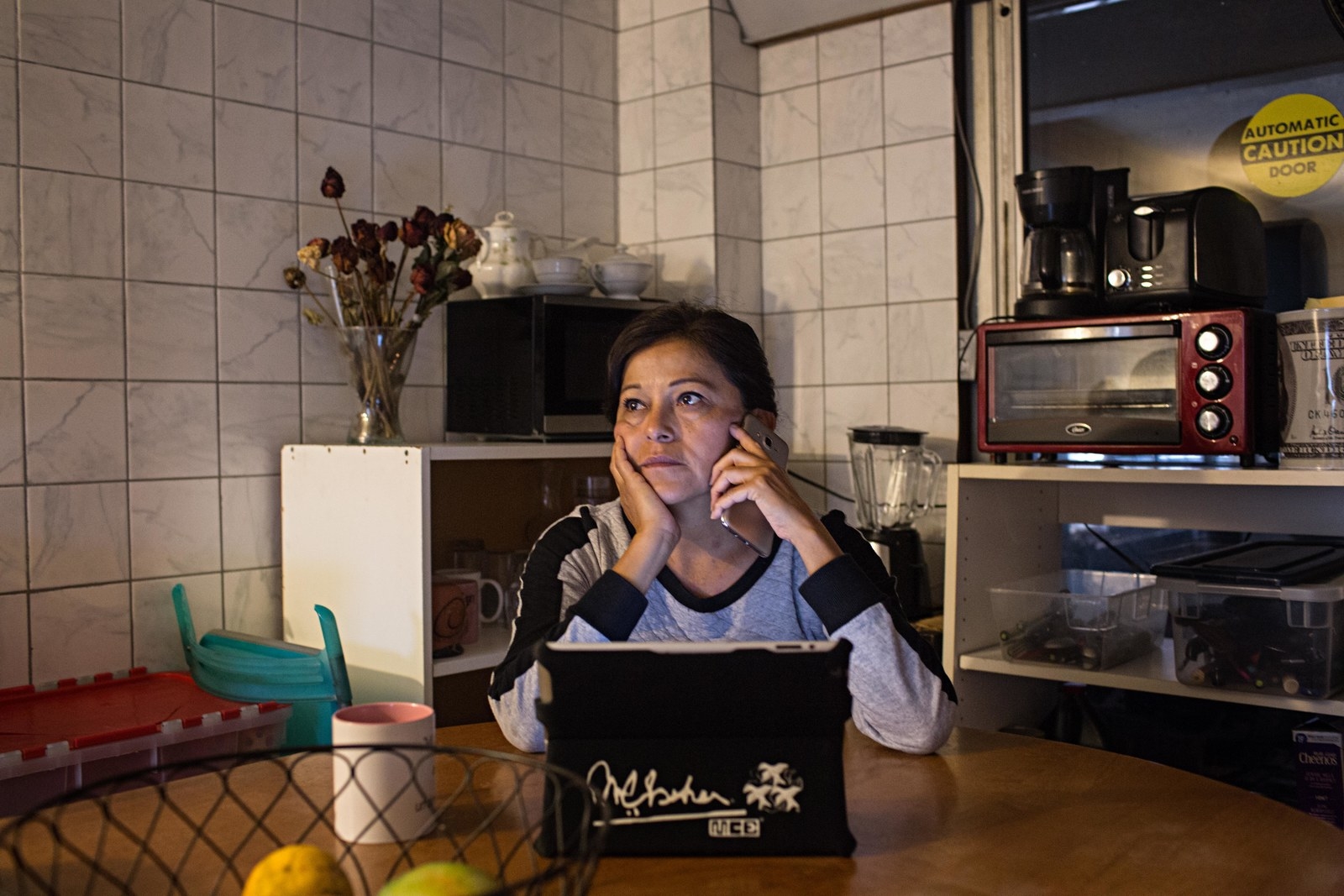
Varona hasn't seen Annelle since being deported seven years ago and says her daughter is scared about being deported. “One minute you’re happy and comfortable and then something like DACA might get repealed and you’re afraid again.”
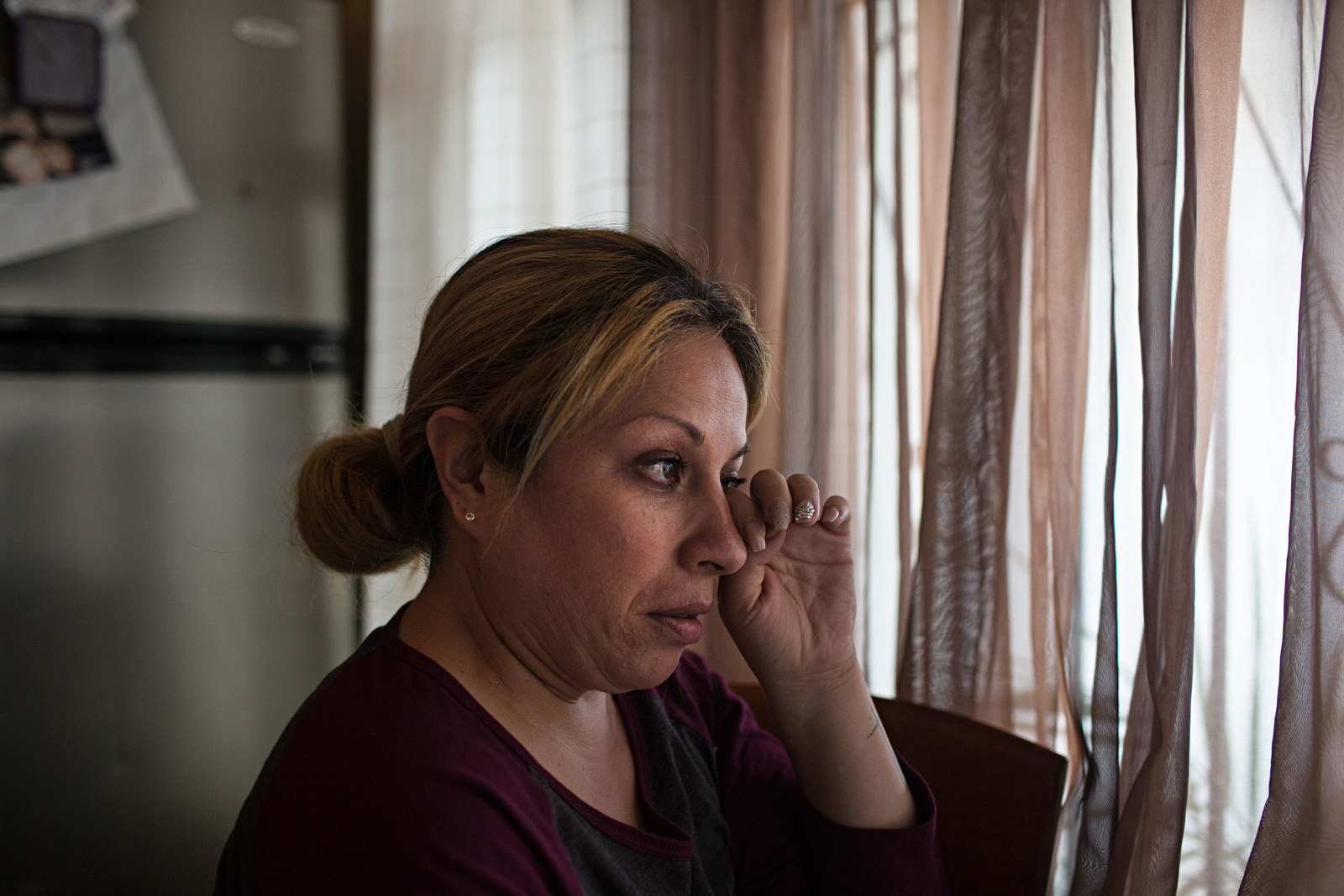
Evelyn Torres was arrested and deported from the US four years ago. She brought three of her four children with her to Mexico, but her eldest son, Kevin Martinez, stayed in the US, hoping he could help his mother financially from abroad. Martinez remains undocumented in the US and was in foster care until he recently reached the age of 18. Torres hasn't seen him in four years, and they're only able to communicate sporadically over the phone.
Above, Torres shows a photo of Martinez with his girlfriend and daughter. A postcard addressed to Torres depicting her family together and holding hands sits on a table in Tijuana. Before Torres was deported she spent over five months in jail, with only one visit allowed from family. During this time, she says, the most important things she received were postcards from her children.
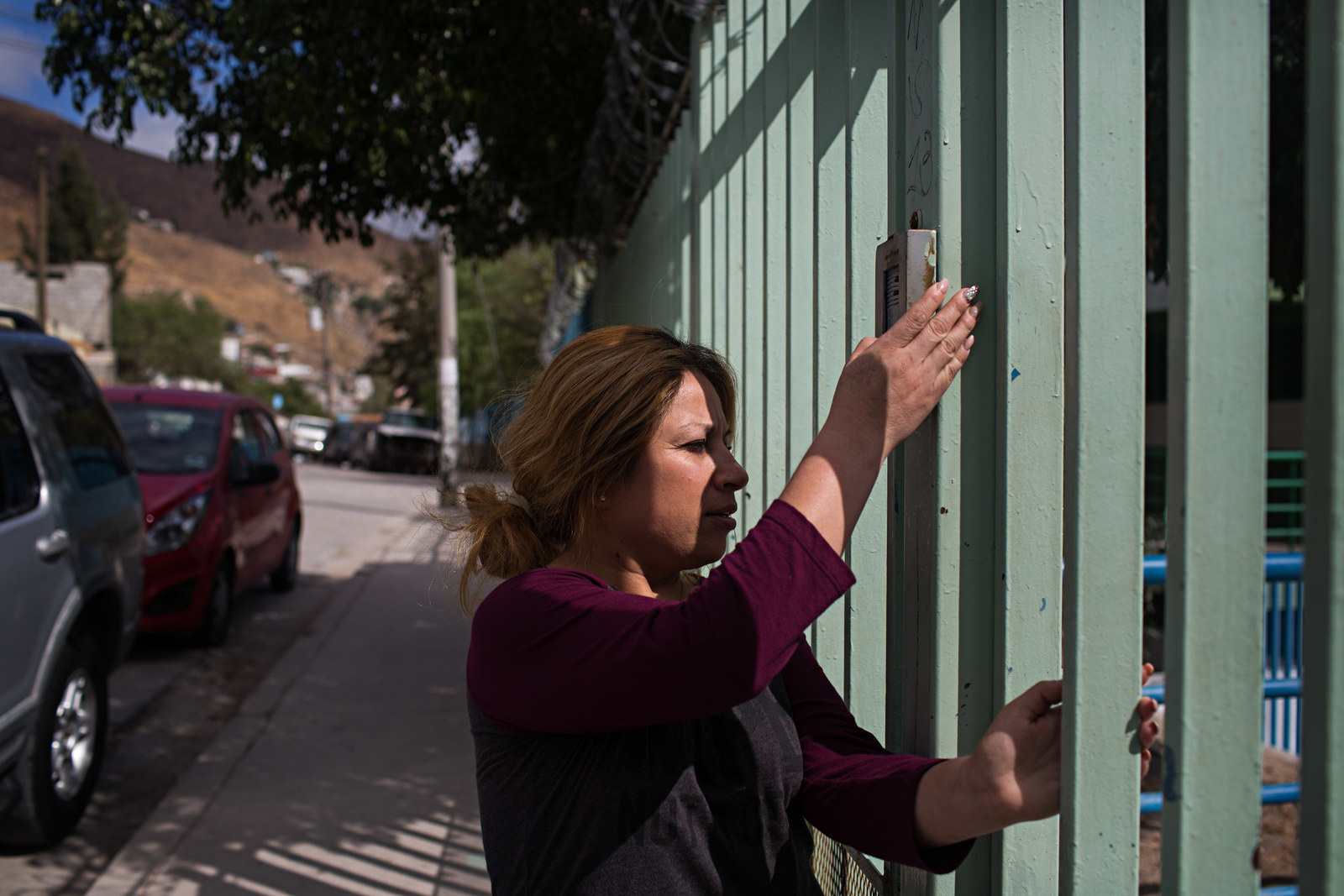
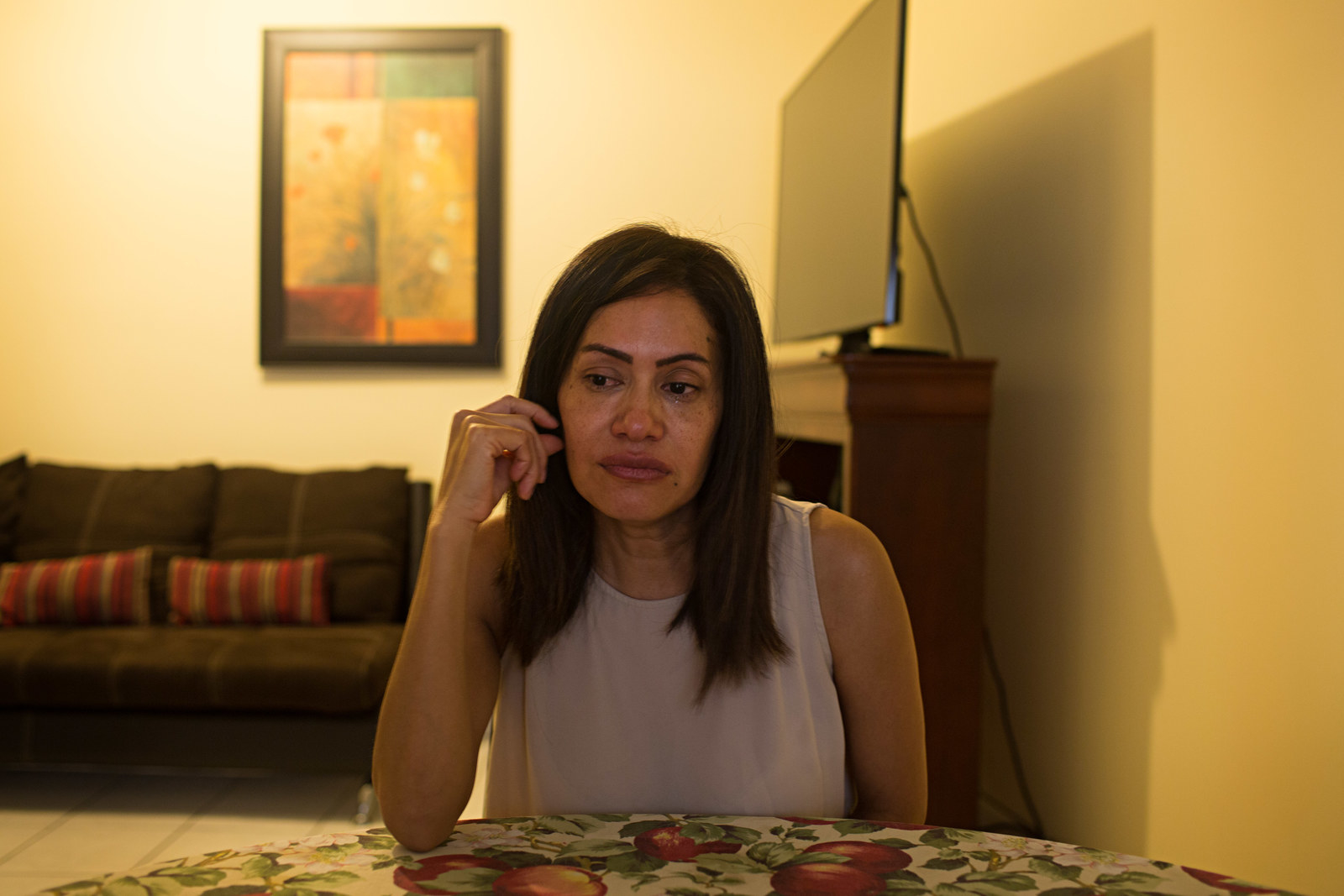
Marylu Montalvo begins to cry when talking about being deported from the US and being unable to see her four children who still live there.
Below, Montalvo shows a recent photo of her 21-year-old son, Chris, who hasn't been able to see his mother in seven years. Chris finds it hard to Skype with his mother and prefers to make only voice calls. Montalvo says it's hard to imagine that the man's voice on the other side of the phone is her son, since the last time she saw him he was just a 14-year-old boy. Montalvo also shows a recent photo of her eldest daughter, Aileen. Aileen is the only one of Montalvo's children who still visits her in Tijuana. The third image is the last photo she took with her two youngest children, Charlie and Angelina, whose only visit to Tijuana was three years ago.
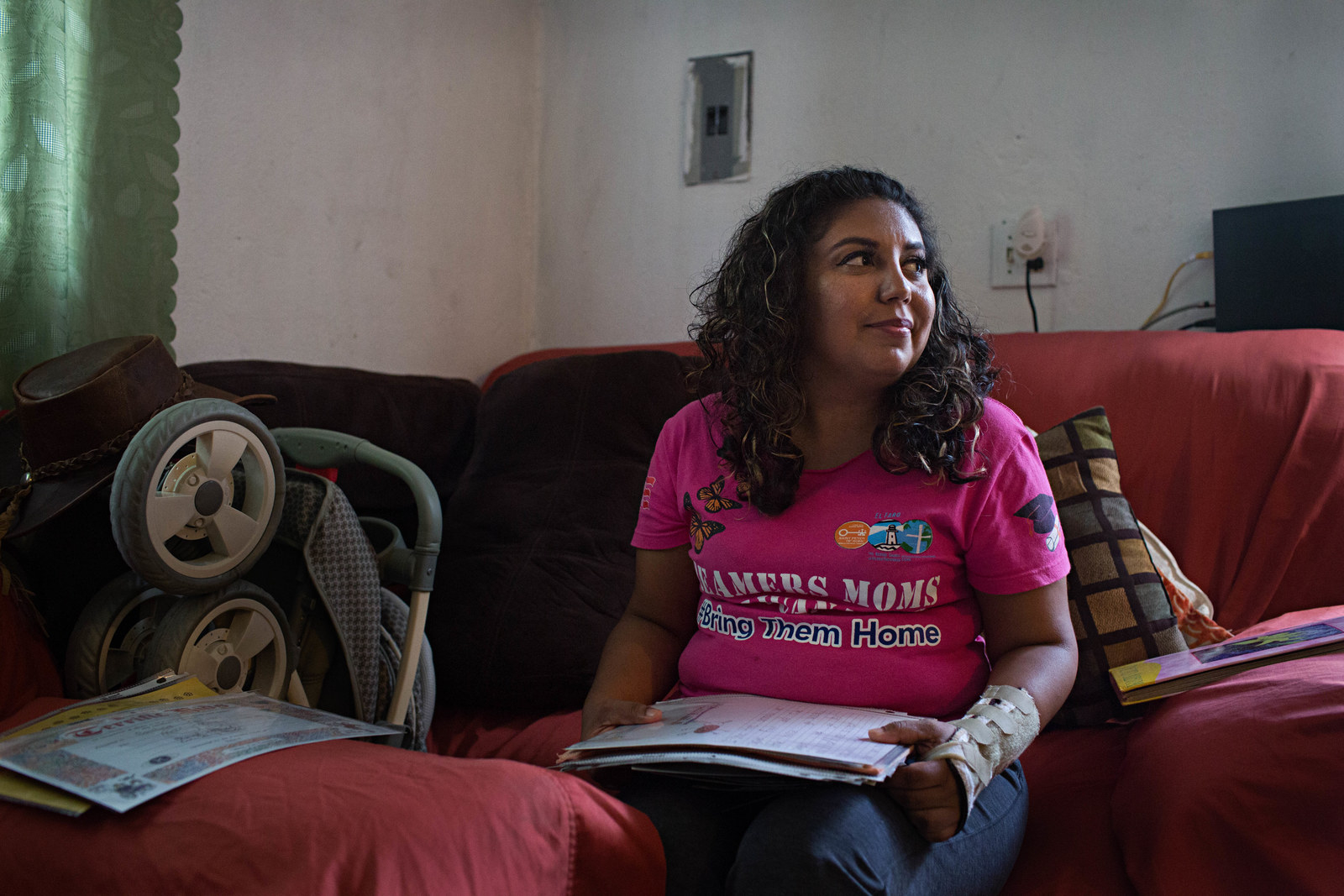
Monserrat Godoy moved to the US with her new husband when she was 17 to live with his family members in North Carolina. Both Godoy and her husband were undocumented and crossed the border through the help of "coyotes." After years of living in the US, her husband forced her back to Mexico. Godoy has attempted to make her way back over the border three times since, and during her first attempt she was jailed and officially deported. She's only had limited phone access to her children since and hasn't heard from them in the last few years.
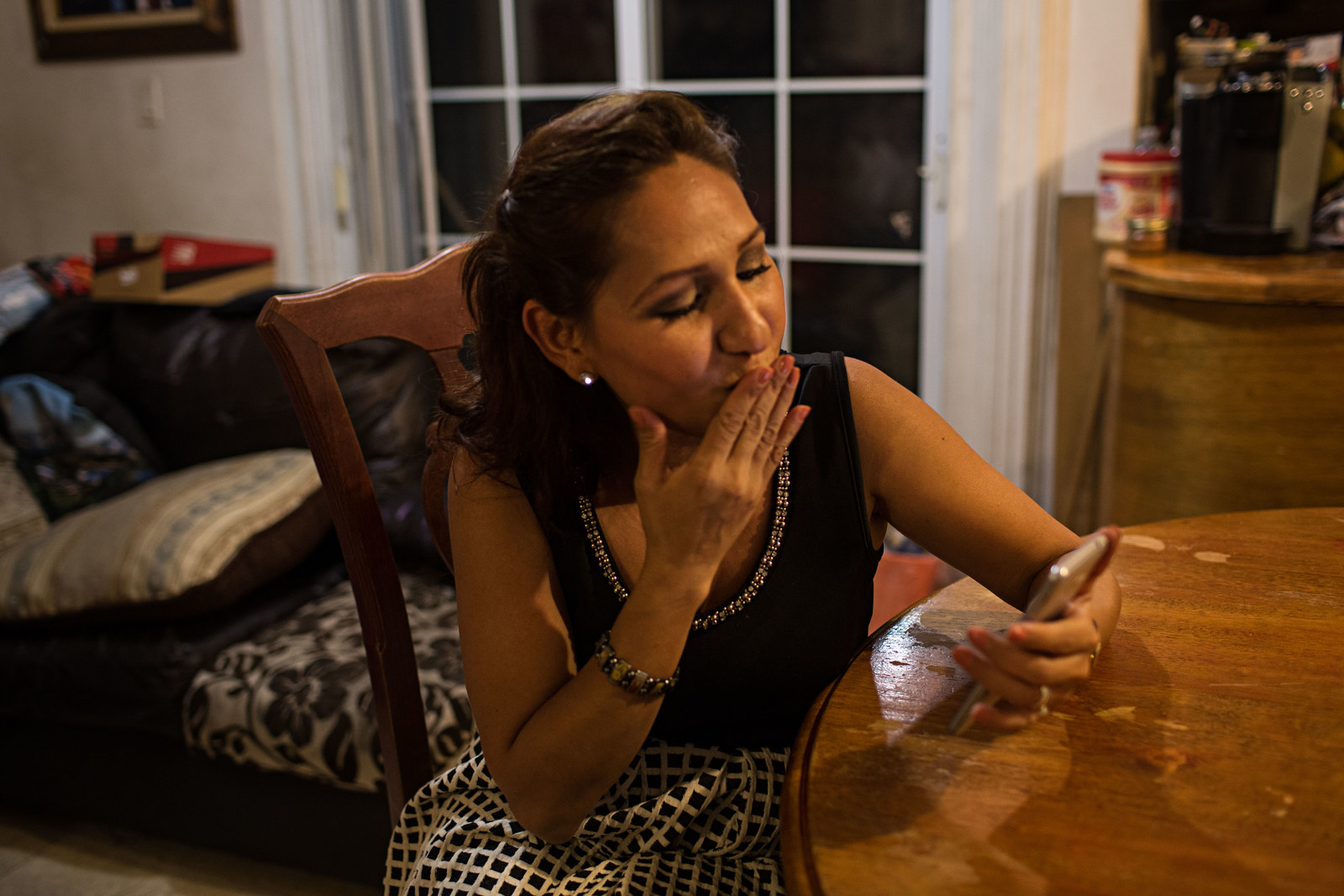
Emma Sanchez blows a kiss to her sons in San Diego over Skype in Tijuana. Her husband and three sons visit Tijuana from San Diego every 15 days to see their mom for the weekend.
